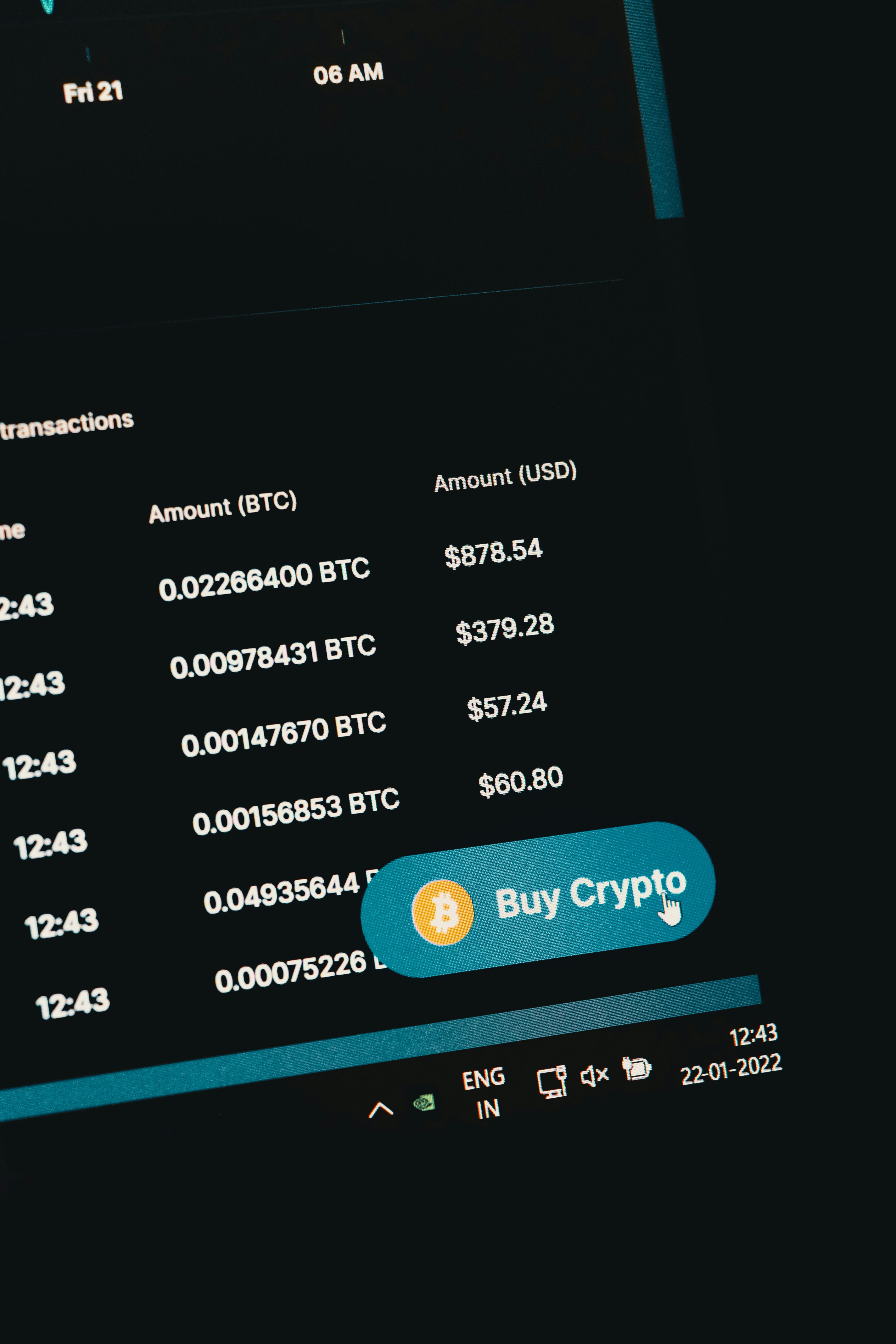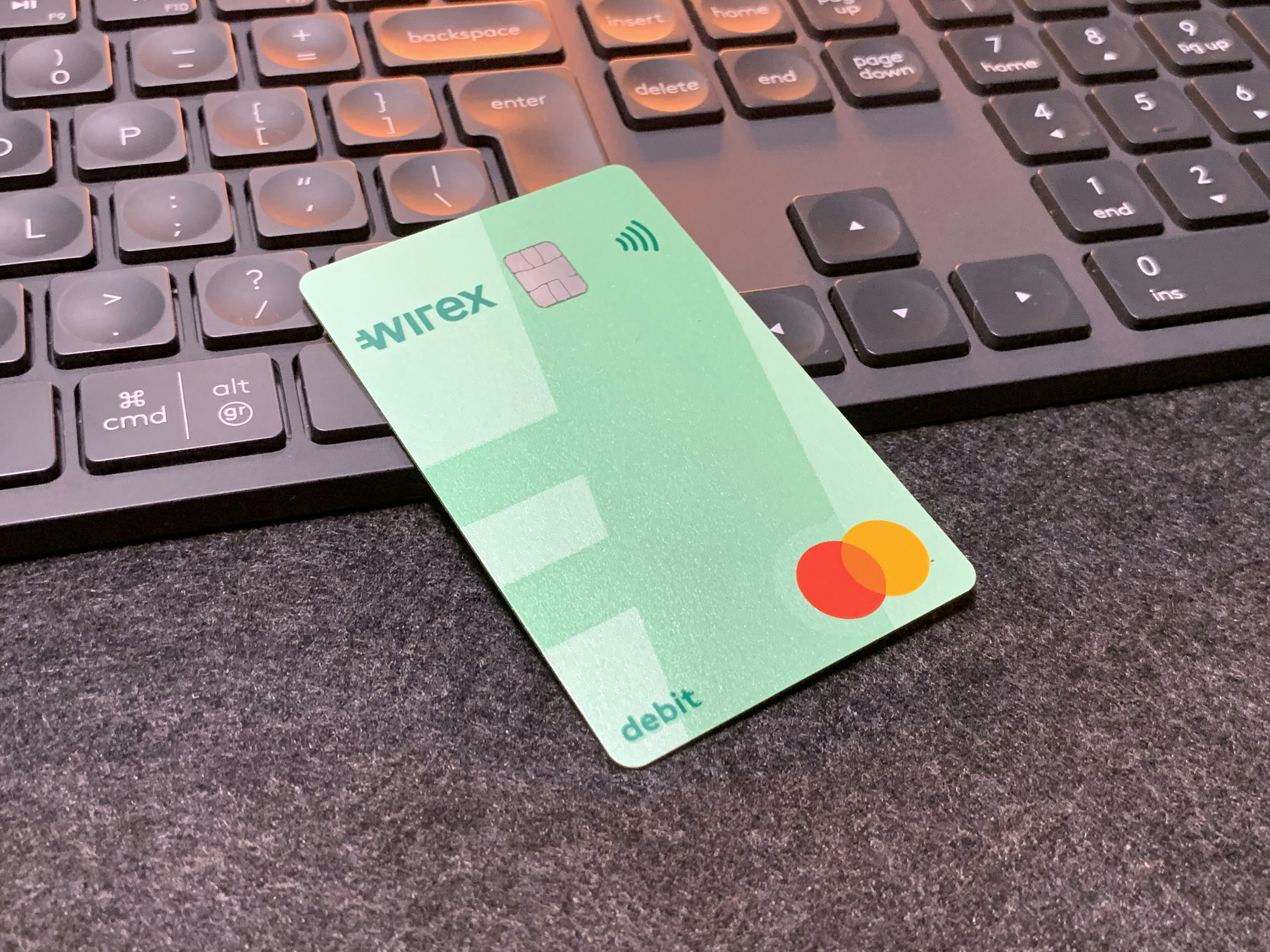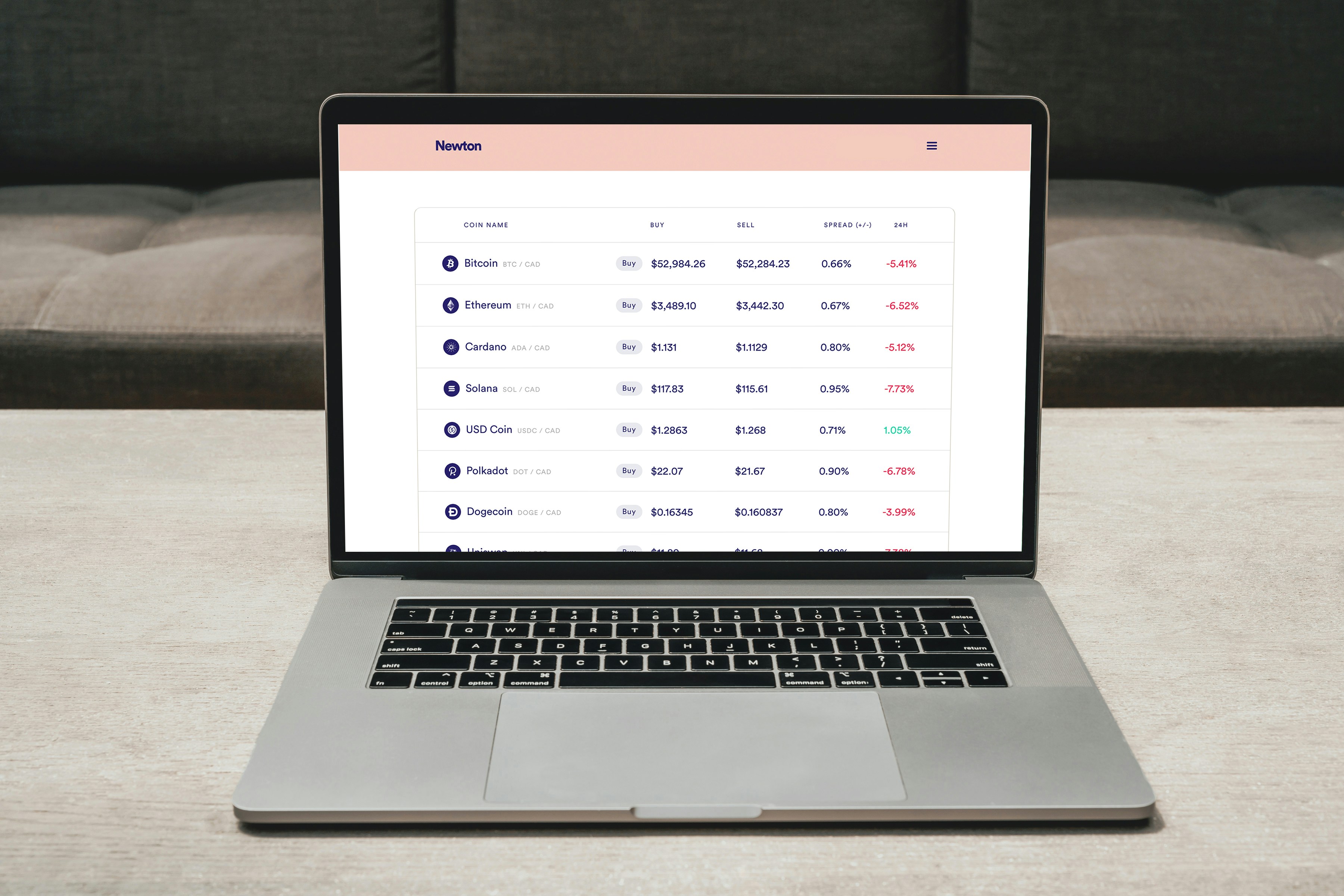
Understanding Cryptocurrency Transactions
Cryptocurrency is a digital or virtual currency that employs cryptography for secure transactions. Unlike traditional currencies, cryptocurrencies utilize decentralized technology known as blockchain, which is a distributed ledger that records all transactions across a network. This innovative approach eliminates the need for intermediaries, such as banks, enabling peer-to-peer transactions directly between users.
The process of buying and selling cryptocurrency typically involves several key components, including exchanges, wallets, and the underlying technology of blockchain. Cryptocurrency exchanges serve as platforms where individuals can buy, sell, or trade various cryptocurrencies using different payment methods, including PayPal. These exchanges function similarly to stock exchanges, where users can place orders to buy or sell currencies at specified prices.
Once a user has acquired cryptocurrency, it is stored in a digital wallet. Wallets are software programs that facilitate the storage and retrieval of cryptocurrencies. They contain the user’s public and private keys, which are essential for executing transactions. The public key acts like an email address, which can be shared with others to receive funds, while the private key is akin to a password, granting access to the user’s holdings and allowing them to initiate transactions. Security is paramount, and it is crucial for users to safeguard their private keys to prevent unauthorized access to their funds.
In summary, understanding the fundamental aspects of cryptocurrency transactions, including the roles of exchanges and wallets, is essential for anyone considering using PayPal to purchase digital assets. Familiarity with these concepts not only enhances the buying experience but also empowers users to make informed decisions in the fast-evolving landscape of cryptocurrency.
Why Use PayPal for Buying Crypto?
PayPal has emerged as a popular platform among investors looking to buy cryptocurrencies, owing to several advantages that cater to the modern digital asset landscape. One of the most notable benefits is its convenience. With an existing PayPal account, users can quickly purchase digital currencies without the need to create a new account on a cryptocurrency exchange. This streamlined process enables novice investors to enter the crypto market with relative ease.
Another significant advantage of using PayPal for buying crypto is the speed of transactions. Unlike traditional banking methods that may involve lengthy processing times, PayPal facilitates instantaneous transfers. This efficiency allows users to seize market opportunities without delays, a crucial factor in the volatile world of cryptocurrencies.
Moreover, PayPal offers a robust security framework. With advanced encryption and fraud detection technologies, users can feel confident in the safety of their transactions. The platform’s established reputation further enhances user trust, making it an attractive option for those new to investing in digital currencies.
Despite these advantages, there are notable drawbacks to consider. One of the primary downsides is the fee structure. PayPal charges transaction fees, which can accumulate, particularly for large purchases. Additionally, users may find limitations on withdrawal options. Currently, PayPal restricts the transfer of cryptocurrencies to external wallets, which may be a drawback for seasoned investors who prefer greater flexibility with their assets.
Ultimately, the decision to use PayPal for buying crypto should be based on a careful evaluation of these advantages and disadvantages. Weighing the convenience, speed, and security against the potential costs and limitations is essential for any investor looking to navigate the evolving cryptocurrency market effectively.
Where to Buy Crypto with PayPal
In recent years, the popularity of buying cryptocurrency has surged, leading to a variety of platforms offering flexible payment options, including PayPal. Several reliable exchanges and platforms accept PayPal, providing users with a convenient way to purchase digital currencies.
One of the most recognized platforms is eToro. Known for its user-friendly interface, eToro allows users to buy, sell, and trade a diverse range of cryptocurrencies using PayPal. An additional advantage of eToro is its social trading feature, where users can follow and replicate the strategies of experienced traders, making it suitable for both novices and seasoned investors.
Another solid option is Coinbase, one of the largest and most trusted cryptocurrency exchanges globally. While Coinbase primarily allows bank transfers, it now accepts PayPal for withdrawal purposes. This enables users to convert their cryptocurrency holdings into fiat currency quickly. Coinbase’s reputation for security and ease of use makes it a favored choice among investors.
LocalBitcoins is also notable for those looking for peer-to-peer transactions. It connects buyers directly with sellers, allowing users to find a variety of payment options, including PayPal. This allows for flexibility, though users must exercise caution and thoroughly vet any potential sellers to avoid scams.
When selecting a platform, it is advisable to consider user reviews and the overall reputation of the exchange. Researching customer feedback can provide insights into the platform’s reliability and customer service quality. Additionally, examining the fees associated with transactions is essential, as they can vary significantly between platforms.
Choosing the right platform will not only streamline the buying process but also enhance the security of your cryptocurrency investments. By opting for reputable exchanges that accept PayPal, you can engage in cryptocurrency trading with confidence.
Setting Up Your PayPal Account for Crypto Purchases
To start purchasing cryptocurrency using PayPal, the initial step is to create or log into your existing PayPal account. Ensure you have a valid email address to register. Once logged in, you will need to link a bank account or a credit/debit card as your funding source. To do this, navigate to the “Wallet” section on your PayPal dashboard, where you will find an option to add payment methods. Input the required information, including your bank account details or card number, along with the associated billing address.
After adding a bank account or card, PayPal will proceed to verify these details. This verification process involves confirming small deposits made by PayPal into your bank account, which could take a few business days. Once you notice the deposits, return to your PayPal account to confirm them. This step is essential not only for security purposes but also to ensure that you can complete cryptocurrency transactions without any hitches.
Next, it is critical to verify your identity. PayPal may require you to provide personal information such as your Social Security Number (SSN) or a government-issued ID to comply with regulatory requirements. This step helps safeguard your transactions, as crypto purchases can attract scrutiny from digital asset regulators.
Furthermore, understanding your payment settings within PayPal is crucial. Head over to the “Settings” page and review your preferences. Make adjustments to allow for smooth cryptocurrency transactions by enabling options that facilitate instant payment confirmation. By following these steps carefully, you will set up a PayPal account ready for cryptocurrency purchases, ensuring a secure and streamlined experience whenever you decide to buy crypto assets.
Timing Your Crypto Purchases
In the highly volatile cryptocurrency market, timing your purchases can significantly impact your investment outcomes. Understanding the factors that influence cryptocurrency prices is crucial for making informed decisions, especially when utilizing PayPal as your payment method. Various elements contribute to market fluctuations, including market trends, breaking news, regulatory changes, and broader economic indicators.
Market trends often exhibit cyclical patterns, driven by supply and demand dynamics. For instance, during bullish phases, investor sentiment tends to drive prices higher. Conversely, bearish markets can lead to panic selling and declines in asset values. Investors should familiarize themselves with these trends, as they can provide valuable insights into the optimal times for purchasing cryptocurrencies.
Furthermore, keeping a close eye on news related to the cryptocurrency sector is essential. Significant announcements—such as major exchanges adopting new coins, technological advancements, or unfavorable regulations—can lead to rapid shifts in prices. As news travels quickly in the digital age, staying informed can enable investors to capitalize on favorable market conditions.
Economic indicators such as inflation rates, interest rates, and overall market performance can also have a profound effect on cryptocurrency prices. For example, when traditional markets are unstable or in decline, investors may seek alternative assets, including cryptocurrencies, potentially driving prices up. Recognizing these macroeconomic influences allows individuals to develop a more nuanced strategy for purchasing crypto using PayPal.
Ultimately, timing your crypto purchases requires a solid understanding of these various factors. By conducting thorough research, monitoring market trends, and analyzing relevant news, you can position yourself to make strategic buying decisions that align with the ever-changing landscape of the cryptocurrency market.
Recognizing Red Flags and Avoiding Scams
The rise of cryptocurrency has brought about numerous advantages in terms of transaction speed and convenience. However, it has also led to an increase in fraudulent activities and scams, particularly when using platforms such as PayPal for crypto purchases. To engage safely in these transactions, it is essential to recognize warning signs and take measures to protect personal information effectively.
One of the most significant red flags is the promise of guaranteed returns or unrealistic profits. Be wary of sellers or platforms that claim you can double your investment in a short time frame; such guarantees are often hallmarks of a scam. Additionally, if someone pressures you to act quickly without allowing you adequate time to research their claims, consider that a major signal to tread carefully. Legitimate platforms do not rush potential investors and will provide ample information for due diligence.
Another common indicator of a fraudulent operation is the request for payment through methods that lack buyer protection. While PayPal provides certain security features, some scammers might insist on using unverified approaches or less-protected wallets. Always verify the transaction method is legitimate, especially when dealing with cryptocurrency, which can be irreversible.
Furthermore, remain cautious of unrealistic claims regarding the anonymity of transactions. Although cryptocurrencies can offer a degree of privacy, no transaction should be entirely anonymous, especially when it involves personal financial information. Trustworthy exchanges will have a verifiable history and established customer feedback.
Always safeguard personal data, such as passwords and account details. Enable two-factor authentication on your PayPal account, and regularly review your transactions for any unauthorized activities. If you encounter suspicious behavior, report it to PayPal and relevant authorities immediately. By staying vigilant and informed, you can navigate cryptocurrency transactions through PayPal with a heightened sense of security.
Legal and Tax Considerations
When contemplating the purchase of cryptocurrencies via PayPal, it is essential to understand the legal framework and tax implications associated with such transactions. The legality of buying cryptocurrencies using PayPal can vary significantly from one region or country to another. In several jurisdictions, including the United States, the United Kingdom, and many European countries, the use of PayPal for crypto purchases is generally permitted, enabling users to facilitate transactions securely. However, users must remain vigilant about the specific regulations that govern cryptocurrency in their respective locales.
In regions where cryptocurrencies are recognized as legal assets, buyers should ensure that they conduct their transactions on reputable platforms that comply with local laws. Conversely, in some jurisdictions, the use of cryptocurrencies may be restricted or even banned outright. Therefore, potential buyers should always verify the current regulatory status concerning cryptocurrency in their country or region before proceeding with any transactions via PayPal.
Another significant aspect to consider is the tax implications associated with purchasing cryptocurrencies. In many countries, cryptocurrencies are treated as assets, meaning that any gains or losses from buying or selling them may be subject to capital gains tax. Consequently, it is crucial for individuals to maintain thorough records of their transactions, including purchase prices and dates, to accurately report any capital gains or losses during tax filing seasons.
Moreover, it is worth noting that some platforms may provide limited reporting features, making it even more critical for buyers to keep track of their own records. This proactive approach not only ensures compliance with local tax laws but also helps mitigate the risks associated with audits or penalties. By being aware of the legal and tax considerations, individuals can make informed decisions when purchasing cryptocurrencies with PayPal.
Storage Options for Your Cryptocurrency
After acquiring cryptocurrency with PayPal, understanding the various storage options available is crucial for ensuring the security of your digital assets. The primary categories of cryptocurrency storage are hot wallets, cold wallets, and hardware wallets, each providing unique advantages and disadvantages depending on your needs and preferences.
Hot wallets are online services that allow users to store their cryptocurrencies conveniently. Examples include mobile apps, web-based wallets, and exchanges where assets can be accessed anytime. While hot wallets provide ease of use, they are also more susceptible to hacking and cyber threats. Thus, it is advisable to limit the amount of cryptocurrency stored in these wallets and to implement additional security measures, such as two-factor authentication.
In contrast, cold wallets are offline storage solutions. These can be in the form of paper wallets or hardware devices that are not connected to the internet. The primary advantage of cold wallets is their enhanced security against online threats, making them ideal for long-term storage of significant amounts of cryptocurrency. However, they may pose challenges in terms of accessibility since funds stored in a cold wallet are not as easily retrievable for everyday transactions.
Hardware wallets are a type of cold storage, specifically designed to securely manage cryptocurrency. They often come with encrypted environments, require physical confirmation for transactions, and can be backed up easily. Though hardware wallets involve an initial investment, they offer a more robust tier of protection against unauthorized access. It is essential to keep the recovery seed phrase for any hardware wallet safe, as losing it can lead to permanent loss of funds.
Ultimately, the choice between hot and cold storage will depend on individual preferences and intended use. Best practices suggest a combination of both types, wherein users store smaller amounts in hot wallets for quick access and the bulk of their assets in cold storage for increased security. This approach maximizes both convenience and safety when managing your cryptocurrency purchases made through PayPal.
Future Trends in Crypto Purchases with PayPal
The landscape of cryptocurrency transactions is poised for significant transformation, particularly with the ongoing integration of platforms like PayPal. In the coming years, we can anticipate a myriad of developments driven by regulatory changes, technological advancements, and the increasingly synergistic relationship between traditional finance and the cryptocurrency market.
As regulatory frameworks continue to evolve, one potential trend is the standardization of guidelines around cryptocurrency purchases via payment platforms like PayPal. Governments and financial authorities are beginning to recognize the importance of creating stable and coherent regulatory environments to support responsible innovation. Enhanced regulatory clarity could encourage more people to engage in cryptocurrency transactions, offering reassurances to both investors and merchants about the legitimacy and safety of their trades.
Technological advancements also play a critical role in shaping the future of crypto purchases. Innovations in blockchain technology are likely to lead to faster transaction speeds and lower fees, enhancing the overall user experience on platforms such as PayPal. Furthermore, the introduction of decentralized finance (DeFi) could alter traditional transactional dynamics, promoting greater financial inclusion. With increasing ease of access and user-friendly interfaces, more consumers might find themselves exploring the crypto market.
Finally, the relationship between traditional finance and the burgeoning cryptocurrency sector is expected to deepen. As more traditional financial institutions recognize the potential benefits of digital assets, we may witness the emergence of more collaborative models, such as partnerships between banks and crypto platforms like PayPal. This alignment could foster a greater acceptance of cryptocurrencies as legitimate financial instruments, thereby expanding the market and encouraging even broader participation in crypto investments.





